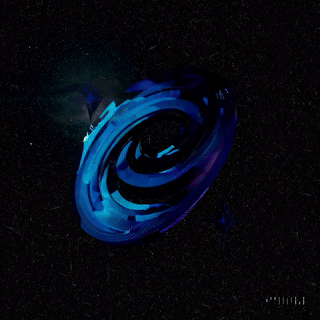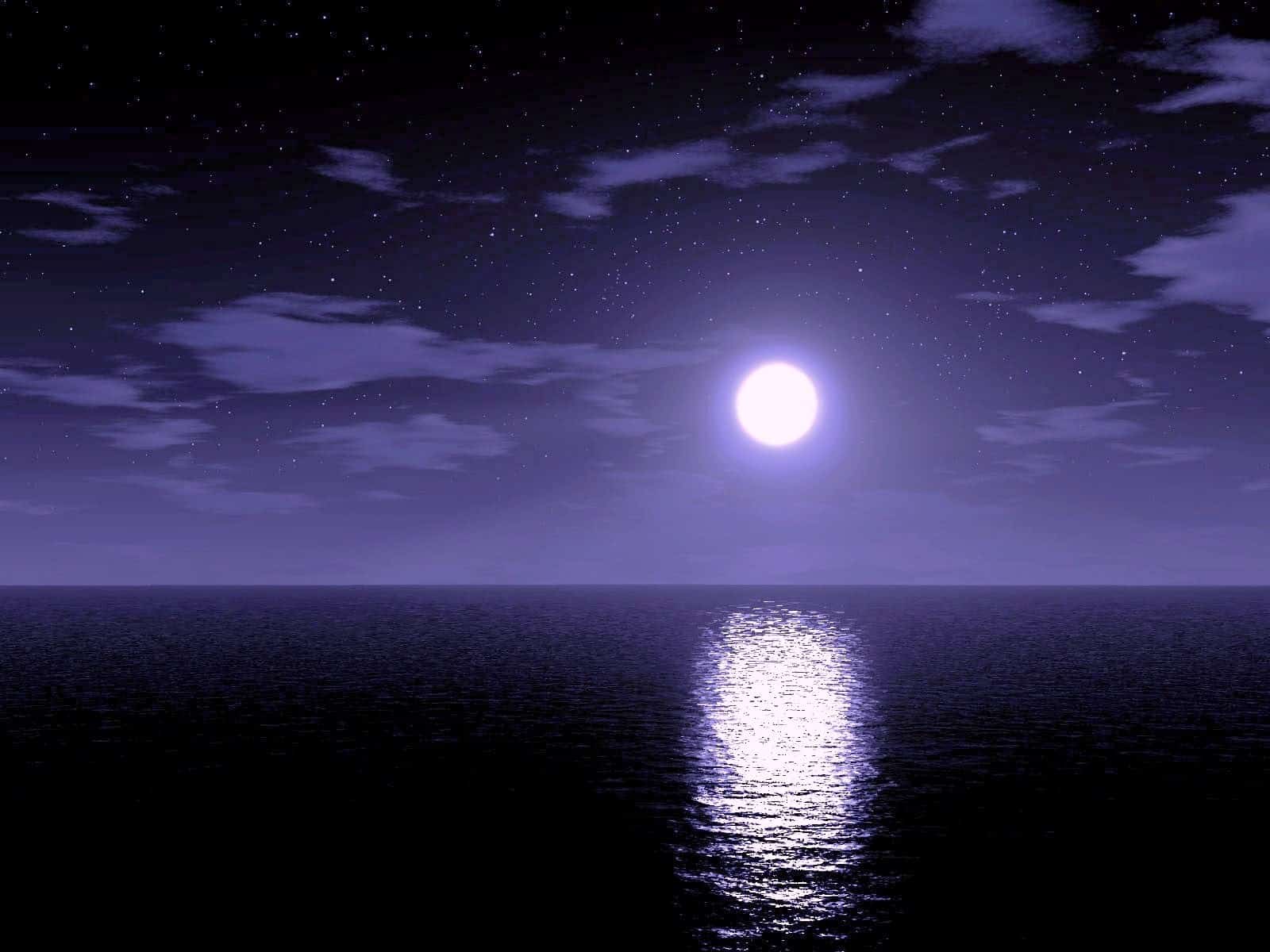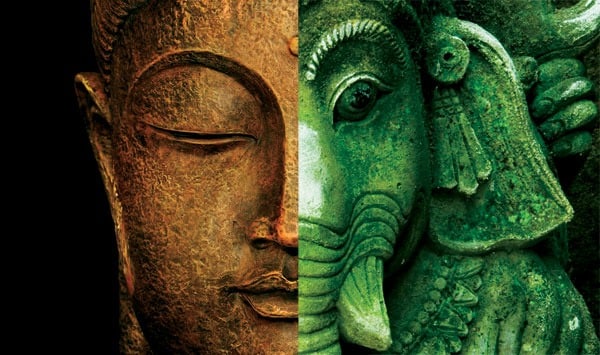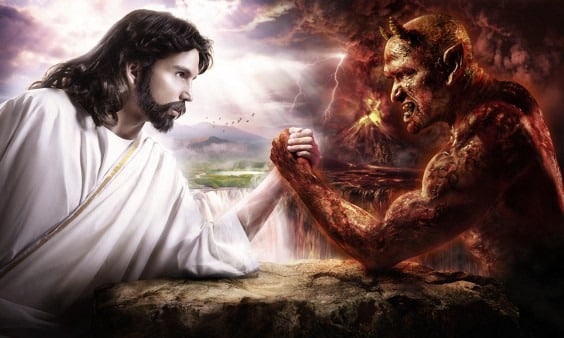The Wanderer, Part 3
Please read the first parts of the story here: The Wanderer, Part 1 The Wanderer, Part 2 Part 3 There was once a boy, who decided to follow a wandering old man into the desert. The boy’s name was Tas. He plunged headlong into the desert in the apprenticeship of this wandering man to find … Read more








